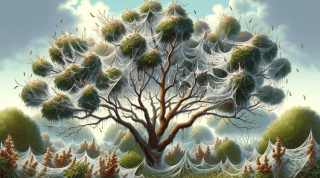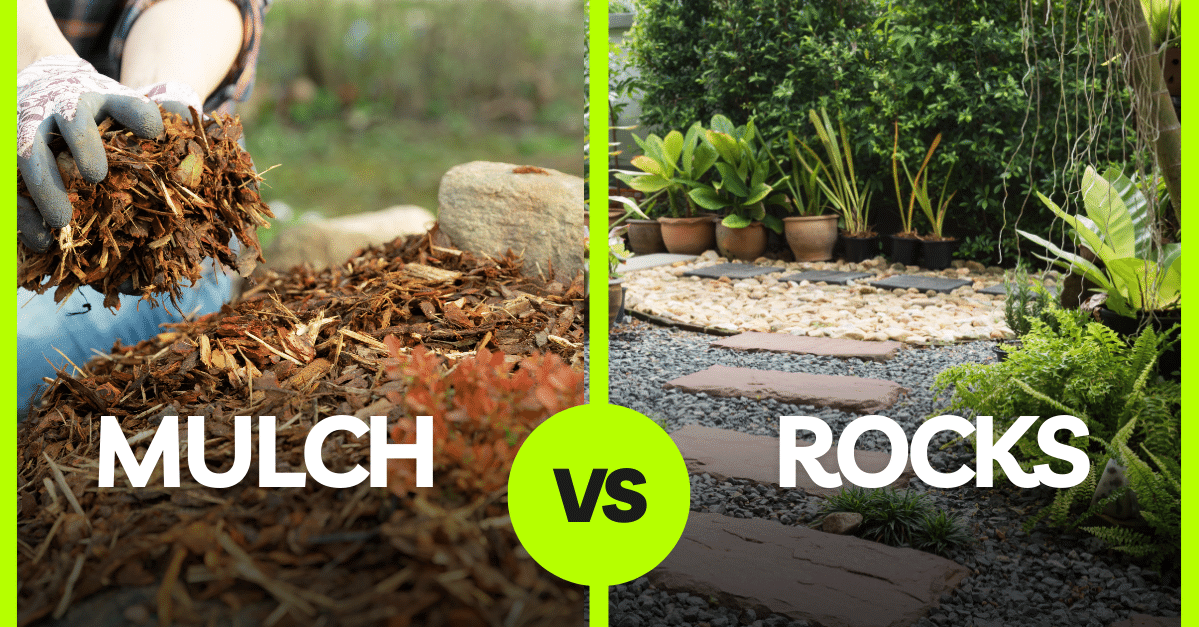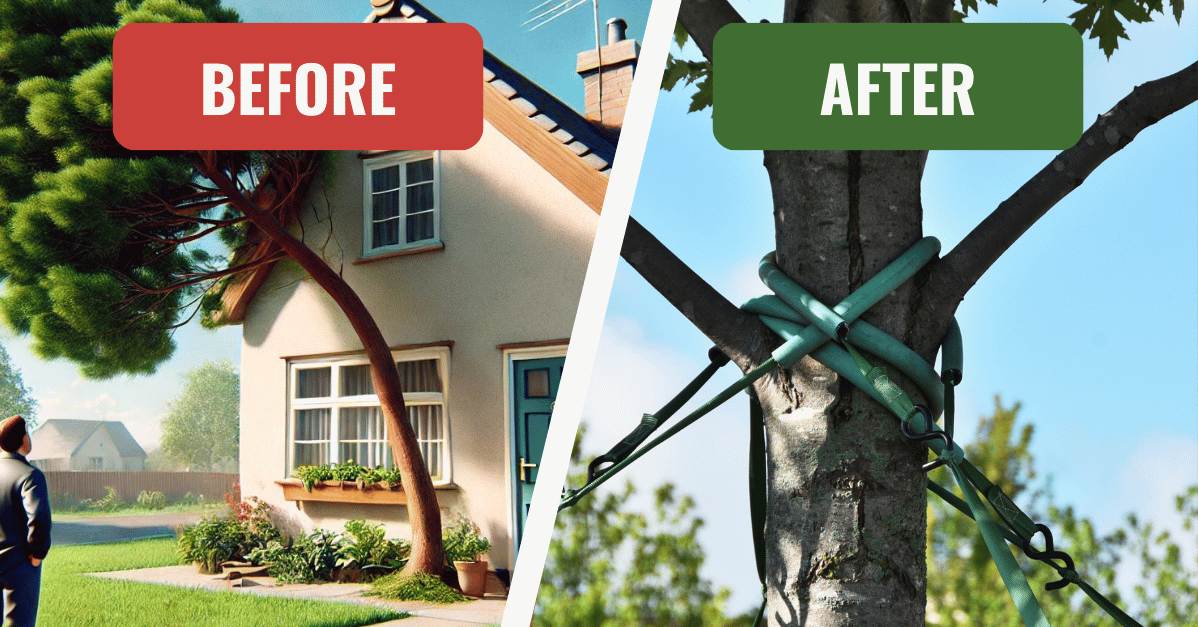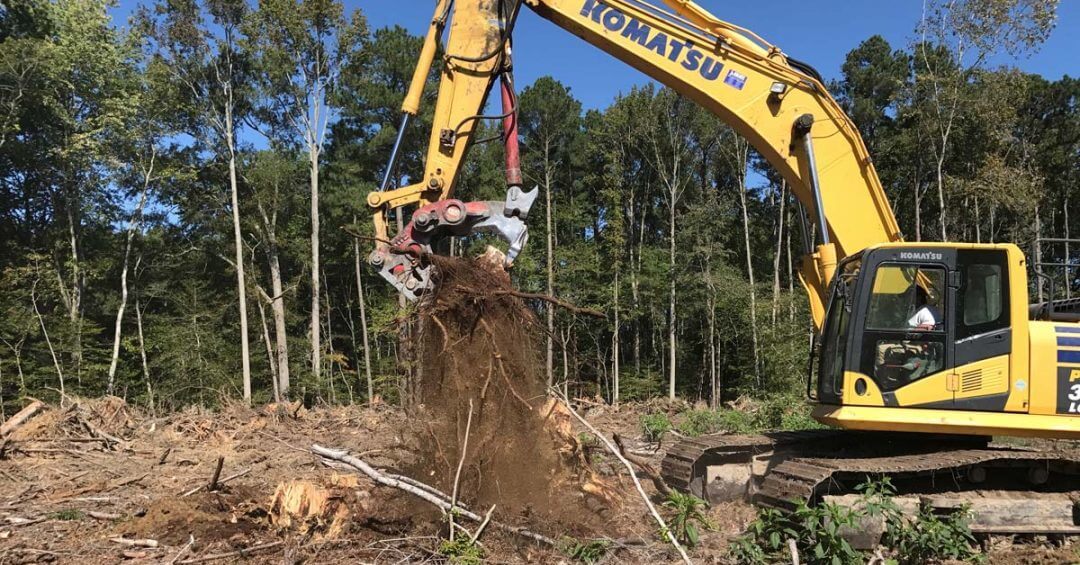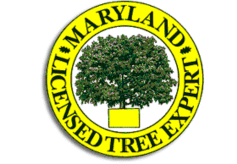Webworms are more than just a nuisance; they are a genuine threat to the health and beauty of your trees and shrubs. As a tree owner, understanding the impact of these pests and knowing how to manage them effectively can save you a lot of trouble and expense in the long run. Here at Strobert Tree Services, we specialize in professional tree care across Delaware, Pennsylvania, and New Jersey, offering expert advice and services to keep your greenery in top condition. Let's delve into what webworms are and how they affect your trees and explore practical solutions to manage these pests.
What are Webworms?
Webworms, often confused with tent caterpillars, are the larvae of a small white moth commonly known as the fall webworm. These pests are easily recognizable by the thick, web-like structures they build at the branch tips of trees and shrubs. These webs can envelop leaves and small branches, creating unsightly masses primarily in late summer and fall. Webworms feed on the foliage within these webs, and while they favor over 100 different species of trees, they are particularly fond of pecan, walnut, American elm, and mulberry.
How do Webworms Affect Your Trees?
The presence of webworms in trees might seem benign at first glance, but the damage they can cause should not be underestimated. These pests can defoliate parts of trees and shrubs, stunting their growth and weakening them over time. Although webworms rarely kill a tree outright, their activity can make trees more susceptible to other stresses, such as disease or harsh weather conditions. Aesthetically, the webs are unsightly and can diminish the natural beauty of your landscape.
Solutions to Get Rid of Webworms
1. Physical Removal: The most straightforward method to manage webworms is by physically removing the webs. This can be done using a pole or a stick to pull the webs down or by pruning the affected branches. Physical removal is most effective when done early, as it prevents the larvae from continuing to feed and growing into a more significant infestation.
2. Biological Control: Encouraging natural predators of webworms is an excellent long-term solution. Birds, wasps, and certain types of beetles are natural enemies of the webworm and can help control their population. Installing bird feeders and houses can attract these beneficial predators to your garden.
3. Chemical Treatments: Chemical pesticides may be necessary in severe infestations. Insecticides that contain Bt (Bacillus thuringiensis), a natural bacteria that kills caterpillars without harming other insects or animals, can be particularly effective. However, chemical treatments should always be considered a last resort due to their environmental impact and potential harm to beneficial insects.
4. Cultural Practices: Maintaining the health of your trees is the best way to prevent issues like webworms. Regular watering, mulching, and proper fertilization can strengthen trees, making them less attractive to pests. Keeping the area around your trees clean and debris-free can discourage moths from laying eggs.
Contact Strobert Tree Services
If you're facing a webworm problem and need professional help, Strobert Tree Services is here to assist you. Our team of certified arborists has the expertise and equipment to handle all aspects of tree pruning and maintenance. Whether it's a minor infestation or a widespread problem, we have the solutions to protect your trees and enhance your property's overall health and beauty. Servicing Delaware, Pennsylvania, and New Jersey, we are your go-to experts for all tree care needs.
Remember, early detection and prompt action are crucial to managing webworms effectively. By staying vigilant and employing the right strategies, you can keep your trees and shrubs healthy and vibrant, free from the damage caused by these pesky intruders. Contact us today for an assessment and to discuss the best care options for your trees. Together, we can ensure that your landscape remains beautiful and thriving.


